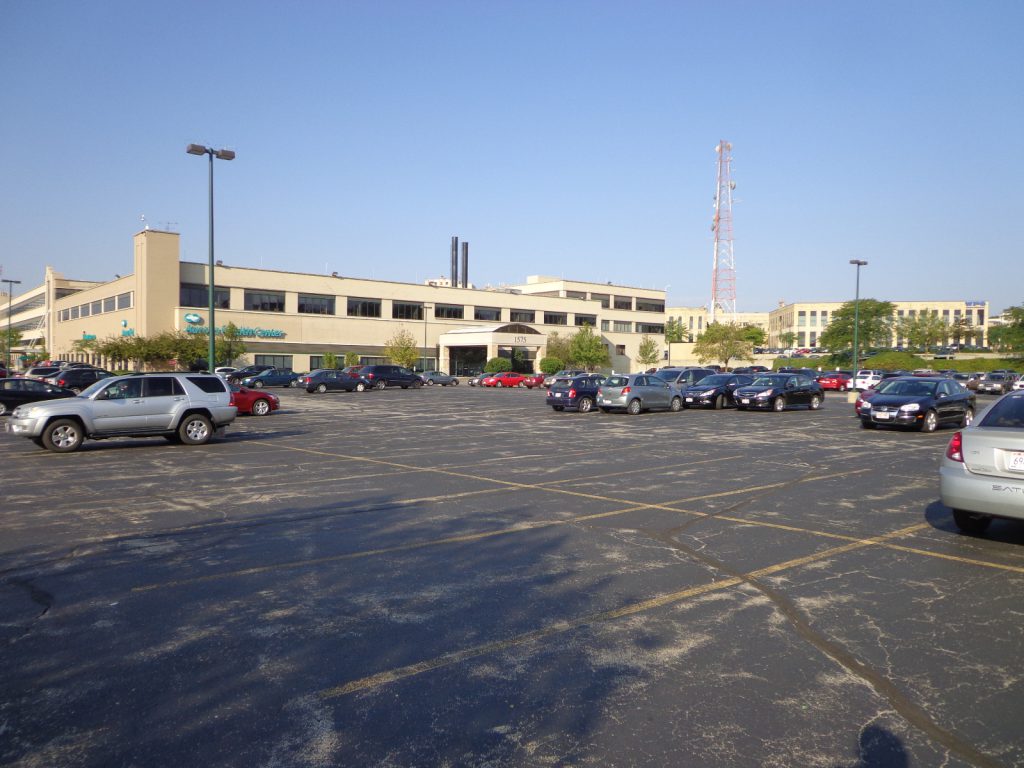How to Overcome Urban Car Dependence
All the city news you can use.
Every day at The Overhead Wire we sort through over 1,500 news items about cities and share the best ones with our email list. At the end of the week, we take some of the most popular stories and share them with Urban Milwaukee readers. They are national (or international) links, sometimes entertaining and sometimes absurd, but hopefully useful.
Motor emissions could have fallen more: A report by the Global Fuel Economy Initiative found that between 2010 and 2022, global auto emissions fell 4.2%. But if cars had not increased in size during that period, that number would have been more than 30%. SUVs are now 51% of the new car market and the increasing size of vehicles means more energy is needed to propel them. (Helena Horton | The Guardian)
America’s weird mortgages: The 30-year mortgage isn’t standard around the world. It’s causing some of the problems in the current US housing market as people stay put to keep their interest rates low as prices continue to rise and supply remains short. The current system which allows owners to refinance their mortgage when rates are low benefits homeowners and creates demand for housing, but a similar stimulus on the supply side doesn’t exist, leaving a shortage. (This article is behind a paywall) (Ben Casselman | New York Times)
When London’s mayor took on cars: London Mayor Sadiq Khan came to the climate fight late, but after the death of nine-year-old Kissi-Debrah from asthma and his own bout with it, he’s pushed hard to reduce pollution from vehicles in the city. But the push for ultra-low emissions zones has also come with political backlash and fraying of political alliances. The world will be watching what happens in London and what it means for policies that promote cleaner air in cities around the world. (Karl Mathiesen | Politico EU)
Mayo Clinic unveils ‘health neighborhoods’ plan: The Mayo Clinic in Rochester, MN, is planning a $5 billion campus that creates “health neighborhoods” to link different types of services together so people aren’t traveling between multiple buildings for care. Now, instead of individual floors being created for services like testing and blood work or surgery, the areas would be flexible based on patient care needs. The program is also a part of Rochester’s 20-year medical center economic development plan, which features a new bus rapid transit line, new zoning rules, and commercial development. (Catharine Richert | MPR News)
Quote of the Week
What we see is that folks oftentimes are very interested in the rural landscape, the rural aesthetic, and at the same time, we have fewer and fewer farmers.
–Cari Watkins-Bates, director of land conservation for Scenic Hudson in Fast Company discusses how the farmhouse craze is hurting actual farmers.
This week on the podcast we’re joined by Danielle Arigoni, managing director for Policy and Solutions at The National Housing Trust. We chat about Danielle’s new book “Climate Resilience for an Aging Nation”.
Want more links to read? Visit The Overhead Wire and signup.
If you think stories like this are important, become a member of Urban Milwaukee and help support real, independent journalism. Plus you get some cool added benefits.
Urban Reads
-
How Traffic Noise Impacts Children’s Brains
 Jul 1st, 2024 by Jeff Wood
Jul 1st, 2024 by Jeff Wood
-
Number of Super Commuters is Rising
 Jun 22nd, 2024 by Jeff Wood
Jun 22nd, 2024 by Jeff Wood
-
Why Has the Walkable City Been Villainized?
 Jun 9th, 2024 by Jeff Wood
Jun 9th, 2024 by Jeff Wood






















